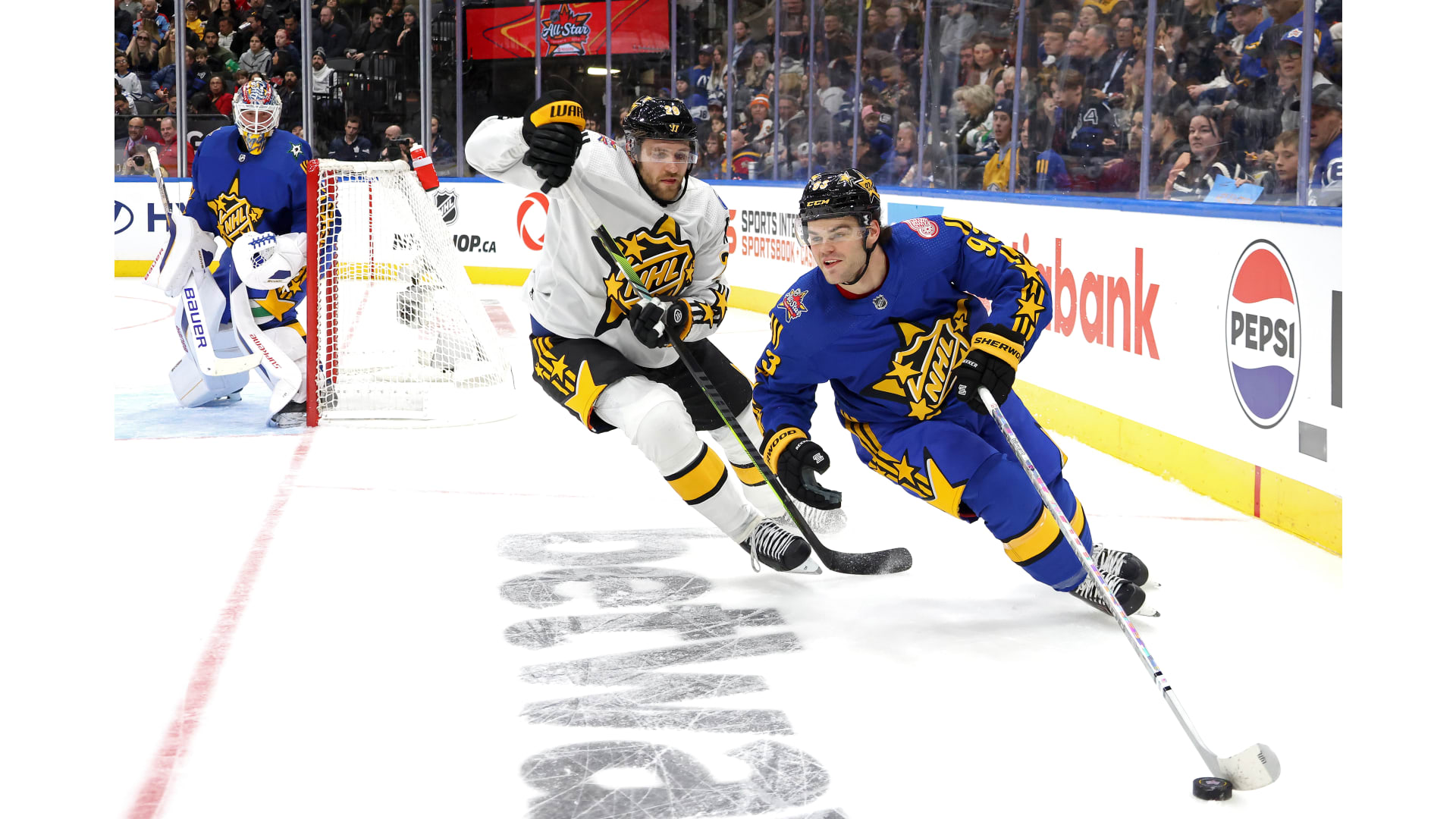The highly anticipated return of NHL players to the Winter Olympics in 2026 in Italy has ignited a competitive fire across the league. For many, the upcoming season isn`t merely about club success; it`s a relentless, high-stakes audition for one of the most coveted honors in sports: representing their nation on the global stage. And for a select group of elite athletes, the recent 4 Nations Face-Off tournament served as a powerful, albeit painful, precursor – a moment of omission that has morphed into potent, career-defining motivation.
The 4 Nations Crucible: A Proving Ground and a Snub
The 4 Nations Face-Off, a showcase of hockey`s current titans, was envisioned as a prelude to the Olympic selection. Yet, it also became an unceremonious crucible for many hopefuls. Players like Chicago Blackhawks sensation Connor Bedard, a prodigious talent, found himself on the outside looking in. Ever the pragmatist, Bedard acknowledged his “slow start” last season and the unparalleled depth of Canadian hockey. His response was measured, reflecting a player acutely aware of the competitive landscape.
However, for others, the snub hit closer to the bone. Tage Thompson of the Buffalo Sabres admitted Team USA`s decision to omit him was “personal.” He channeled that disappointment into tangible results, transforming it into “extra motivation to show them that I could play.” The numbers eloquently speak for themselves: Thompson`s explosive second half post-4 Nations, boasting 24 points and 18 goals in just 27 games, underscored the formidable power of a bruised ego, or perhaps, a finely tuned competitive spirit pushed to its limit.
Fueling the Fire: The Psychology of Omission
For these athletes, being overlooked for a chance to represent their country isn`t just a minor setback; it`s a profound challenge to their identity as elite players. Clayton Keller, the dynamic forward for the Utah Mammoth, echoed Thompson’s sentiment. His initial upset quickly transmuted into raw motivation, leading to “my best hockey of the year.” This narrative isn`t just about making a team; it’s about validating their place among the world`s best, proving they belong in the rarified air of international competition.
Beyond Goals and Assists: The General Manager`s Perspective
Team USA General Manager Bill Guerin provided crucial insight into the selection process, making it clear that the 4 Nations roster was “probably not gonna be the exact lineup that we take to the Olympics.” This declaration offers a lifeline to many, but it also highlights the nuanced criteria. Guerin emphasized that Olympic teams demand more than just offensive fireworks. Versatility, a strong two-way game, and a willingness to “check your ego at the door” are paramount. It appears even the most celebrated athletes occasionally need a gentle reminder that on a championship team, the name on the front of the jersey often outweighs the one on the back. Players must accept roles “that you’re not used to playing or the minutes that you’re not used to playing. You have to accept that.”
The lack of extensive Stanley Cup playoff experience for players like Thompson and Keller also factored into initial decisions, underscoring the value of high-pressure tournament play. This led many hopefuls to strategically participate in the IIHF World Championships, using it as a proving ground to bolster their resumes and demonstrate adaptability and resilience under international pressure. Winning the U.S. team`s first title since 1960 certainly didn`t hurt their case.
The Path Less Traveled: Proving Worth in the Regular Season
As the 2025-26 NHL season kicks off, the “Olympic carrot” dangles prominently for every eligible player. Washington Capitals forward Tom Wilson, also a 4 Nations absentee but an Olympic orientation camp invitee, articulates the intense pressure. “You don`t have a lot of opportunity to gracefully dip your toes in the water to start the year. It`s a small runway.” Every shift, every game, every defensive stop and offensive burst becomes an unspoken, yet intensely scrutinized, audition. The message is clear: sustained excellence from day one is the only currency that matters.
The Veteran`s Gambit: A Last Dance?
For veterans like Patrick Kane, a two-time Olympic medalist, the journey presents a different dynamic. At 36, his initial exclusion from the 4 Nations roster was less surprising given recent performance. Yet, his subsequent Olympic camp invitation signifies that class is permanent, and experience can be an invaluable asset. Kane’s motivation remains fierce: he aims to be chosen “just on your play… Not for your name or what you’ve done in the past.” It`s a powerful statement from a legend still fighting to earn his place based on current merit.
The Unrelenting Challenge: Depth and Determination
For nations like Canada, blessed with an embarrassment of hockey riches, the competition is particularly brutal. Philadelphia Flyers defenseman Travis Sanheim, a 4 Nations participant and Olympic camp invitee, acknowledges the formidable challenge. “Canada’s such a deep team and the guys that are competing for those roster spots – you could take about 20 guys to fill, what is it, eight spots?” The margin for error is razor-thin, and sustained, exceptional performance is the only currency accepted.
Ultimately, the road to the 2026 Winter Olympics is paved with extraordinary effort, fueled by ambition and, for many, the sting of past omissions. The upcoming NHL season isn`t just a quest for the Stanley Cup; it’s a global proving ground where individual dreams collide with national aspirations, creating a spectacle of unparalleled determination. Hockey fans would be wise to watch closely, for every game this season is part of a larger, more profound narrative: the relentless pursuit of Olympic glory.

